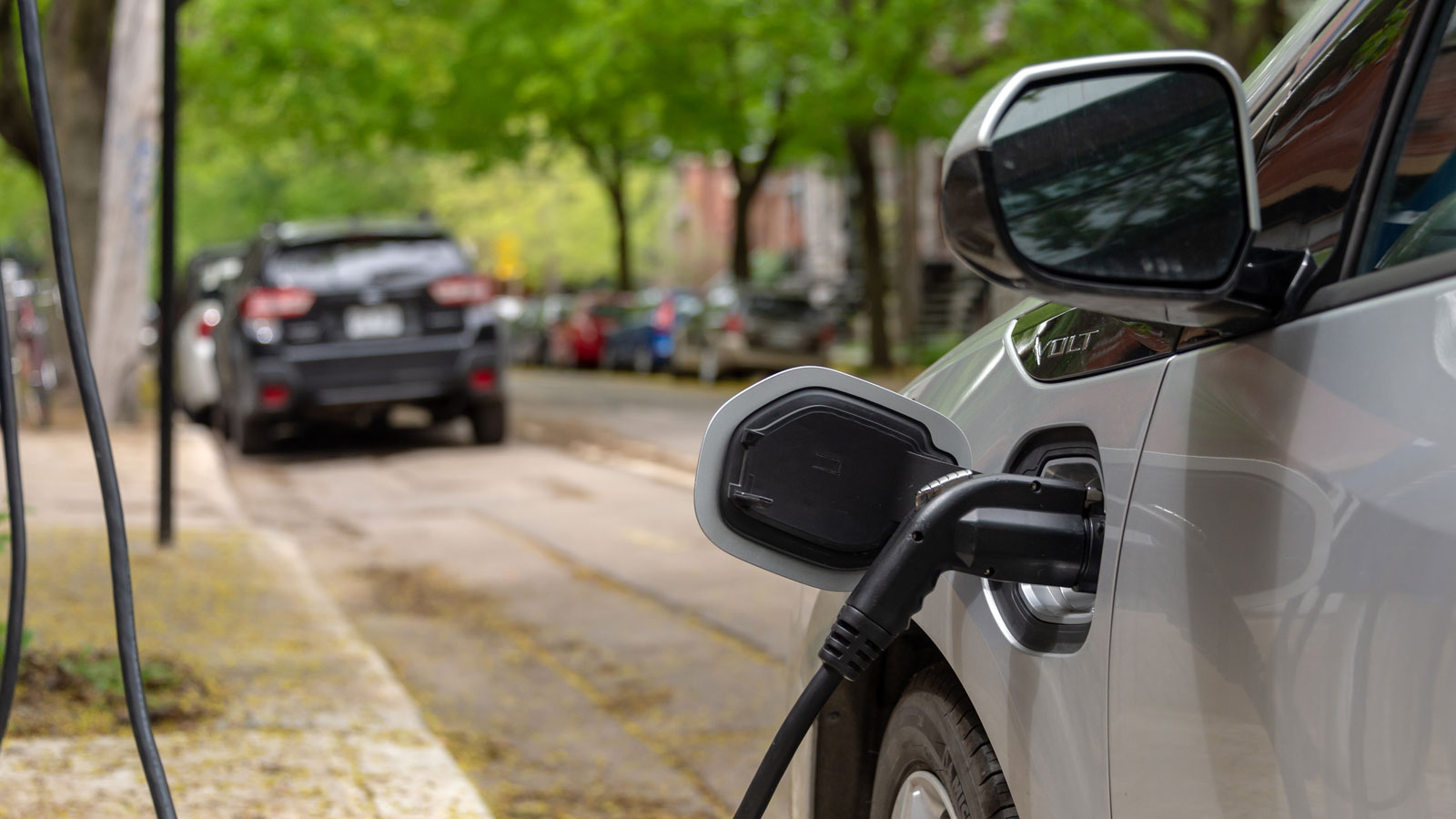In those comparisons, were big-ticket ICE repairs included in the cost too? Engines and transmissions don't last forever...Because of far few movable parts EVs should be cheaper to operate over time as there are fewer parts to wear out or require preventative replacement. But frequently left out of comparisons are the cost of replacing batteries in an EV. Haven't seen the latest numbers, but I have seen creditable numbers a few years ago, that if you used an EV past the cost of battery replacement costs evened out. And the cost of battery replacement was a huge chunk of change many people could not afford to pay for.
I don't have a dog in this fight as I don't own an EV, but it's too easy for both sides to make comparisons where their side looks great and the other side doesn't. It's like people who argue "Mining lithium is bad for the environment!". Well, yeah it is, but oil extraction isn't exactly clean either..








